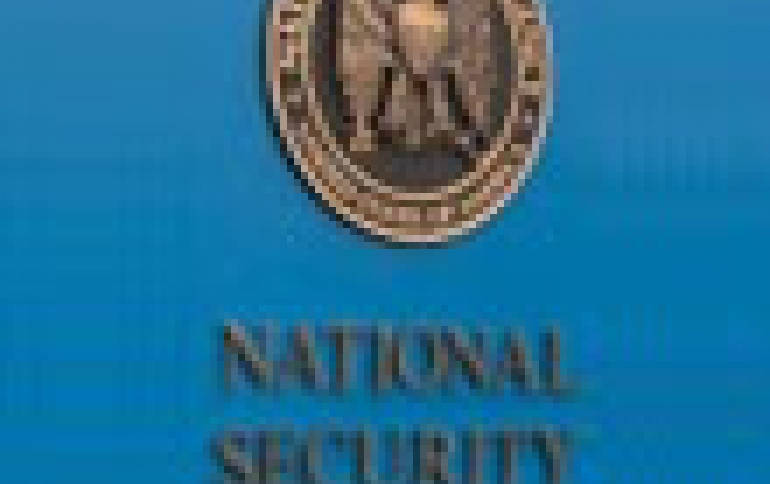
Obama Unveils Reforms On NSA Program
Seeking to calm a furor over U.S. surveillance, President Barack Obama on Friday called for ending the government's control of phone data and announced a ban on U.S. eavesdropping on the leaders of close friends and allies.
Obama tried to reassure Americans and foreigners alike that the United States will take into account privacy concerns that arose after former U.S. spy contractor Snowden's disclosures about the large monitoring activities of the National Security Agency.
He promised that the United States will not eavesdrop on the heads of state or government of close U.S. friends and allies.
Obama called on Congress to establish an outside panel of privacy advocates for the secret Foreign Intelligence Surveillance Court that considers terrorism cases.
He also announced limitations on the Use of signals Intelligence collected in bulk. Obama said that the government should not hold the bulk telephone metadata. Obama wants the government to store the records elsewhere, even though most phone companies have balked at the idea of storing them themselves.In addition, he ordered that the U.S. government will take steps to modify the program so that a judicial finding is required before the database is queried.
Obama did not clarify where phone records will be stored. He told Attorney General Eric Holder and Director of National Intelligence James Clapper to find a solution within 60 days, about the time the NSA surveillance programs are up for their regular reauthorization.
U.S. intelligence agencies will only use bulk data to meet specific security requirements: counter-intelligence; counter-terrorism; counter-proliferation; cyber-security; force protection for our troops and allies; and combating transnational crime, including sanctions evasion.
Obama also decided that communications providers would be allowed to share more information with the public above government requests for data.
The bulk collection of online data (emails, e.t.c) is supposed to be targeted only at people outside the United States, but it does end up sweeping up information about Americans in the process. Obama asked Holder and Clapper to consider whether new privacy safeguards could be added.
Many of the changes involve altering the USA Patriot Act, a law enacted by Congress, and any changes to that would require new legislation and congressional approval.
In short, the reforms set out by the President will in reality allow NSA to spy, it just won't have unfettered access to that data.
He promised that the United States will not eavesdrop on the heads of state or government of close U.S. friends and allies.
Obama called on Congress to establish an outside panel of privacy advocates for the secret Foreign Intelligence Surveillance Court that considers terrorism cases.
He also announced limitations on the Use of signals Intelligence collected in bulk. Obama said that the government should not hold the bulk telephone metadata. Obama wants the government to store the records elsewhere, even though most phone companies have balked at the idea of storing them themselves.In addition, he ordered that the U.S. government will take steps to modify the program so that a judicial finding is required before the database is queried.
Obama did not clarify where phone records will be stored. He told Attorney General Eric Holder and Director of National Intelligence James Clapper to find a solution within 60 days, about the time the NSA surveillance programs are up for their regular reauthorization.
U.S. intelligence agencies will only use bulk data to meet specific security requirements: counter-intelligence; counter-terrorism; counter-proliferation; cyber-security; force protection for our troops and allies; and combating transnational crime, including sanctions evasion.
Obama also decided that communications providers would be allowed to share more information with the public above government requests for data.
The bulk collection of online data (emails, e.t.c) is supposed to be targeted only at people outside the United States, but it does end up sweeping up information about Americans in the process. Obama asked Holder and Clapper to consider whether new privacy safeguards could be added.
Many of the changes involve altering the USA Patriot Act, a law enacted by Congress, and any changes to that would require new legislation and congressional approval.
In short, the reforms set out by the President will in reality allow NSA to spy, it just won't have unfettered access to that data.





















